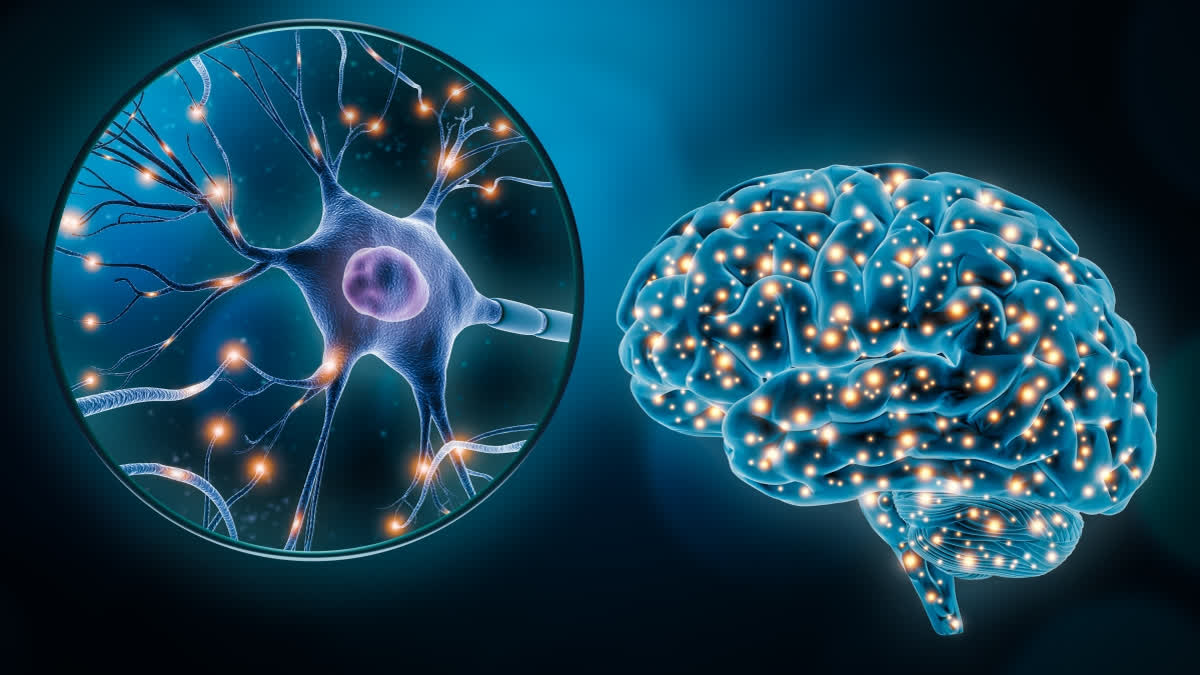New Delhi: Developing muscle memory -- key to fluid movements seen in practised performers, including musicians and sportspersons -- could involve the hippocampus, the brain region traditionally related with 'episodic memory' or remembering events, according to a new study.
'Muscle memory' allows for performing physical tasks automatically without much conscious effort. It is also important for recovering from injuries and can help regain lost muscle mass in physical training.
Researchers at the University of Birmingham, UK, said muscle memory has been previously linked with 'basal ganglia' and the 'cerebellum' -- the brain's motor or movement areas.
However, as non-professional keyboard players performed well-practised finger sequences from memory, their functional magnetic resonance imagine (fMRI) brain scans revealed an increased activity in the hippocampus, and not in the motor areas.
The researchers said that the hippocampus carried the information about the order in which fingers would need to be used to play a specific sequence -- akin to predicting whether a person would end up typing "fears" or "fares".
"Our findings suggests that the hippocampus pre-orders movements for skilled action sequences, thus contributing to the higher-order control of skilled movements that require flexible retrieval," the authors wrote in the study published in The Journal of Neuroscience.
"This result is interesting because it shows that the brain systems for episodic and procedural memory work together more than we thought. This is especially true when we need to remain flexible and switch between learned sequences, for example when typing on a computer keyboard or playing music with others," said senior author Katja Kornysheva, an associate professor in human neuroscience, University of Birmingham.
The findings challenge long-held ideas about the hippocampus's functions and open new possibilities for rehabilitation of neurological and neurodegenerative disorders affecting movement, the authors said.
Future research could look into how different memory systems in the brain interact with each other, results from which could inspire therapies that can improve both motor function and cognition, they said.



